The humanity of the AIDS crisis captured on film
- Text by Nick Thompson
- Photography by Gideon Mendel

It was in Apartheid South Africa that Gideon Mendel first picked up a camera. Born in Johannesburg, 1959, he was one of a generation of young photographers who grew up surrounded by injustice. Alongside the likes of fellow ‘struggle photographers’ Cedric Nunn and Santu Mofokeng, he learnt his craft by turning his lens on a nation erupting in unrest, even revolution, during the 1980s.
But while Apartheid began to be dismantled after years of activism and resistance, the AIDS crisis was in full swing. Mendel moved to London in the early 1990s, and it quickly became obvious it was on this epidemic that he wished to focus his attention. The Ward was his first photographic project that looked at HIV and AIDS: “it was very much the beginning of a career-long engagement with issues around HIV globally,” he says.


In 1993, Mendel was granted special access to the UK’s first purpose-built HIV/AIDS unit, the Broderip and Charles Bell wards of Middlesex Hospital. Broderip and Charles Bell were at the forefront of the fight against HIV and AIDS, pioneering new tactile approaches to treatment. It was here Mendel spent time with both the staff and patients, intermittently shooting his Leica M6 and early Canon EOS. His task? To portray those who found themselves at the heart of the crisis with humanity.
A concoction of fear, misinformation and prejudice generally saw patients demonised, photographers on the most part opted to photograph through the windows of the ward from the building opposite rather than step inside.
“There was this huge, quite irrational amount of fear. I was really trying to capture the kind of compassion and the love which would challenge the fear and stigma,” explains Mendel. “It was very much about engendering empathy and getting sense of what these individuals and what their loved ones were going through.” He was determined to avoid the optics of choice in the media then: of emaciated, anonymous dying bodies.


“At the time It felt like AIDS was killing off a whole generation of young gay men,” adds Mendel. “Many, many gay people were dying from it, and dying quite horrifically.” In his project, Mendel documented the last weeks and months of a number of patients, including men named Steven, Ian, André and John.
“There’s one particular photograph of John and his partner Michael kissing on the bed,” Mendel continues. “It’s a very touching photograph. A lot of people respond very strongly to that intimacy. Particularly in seeing that intimacy in a hospital ward.” Since then he’s gone on to highlight the impact that HIV and AIDS has on communities globally – from London to Sub-Saharan Africa.
For the people on the ward, this was a fuck-you to the rampant homophobia that endured, and a defiant gesture of agency in the face of death. “It was an act of incredible bravery to allow themselves to be photographed”, Mendel adds. It wasn’t long before both photographer and subject forgot about the assignment, as deep and honest friendships formed.





The Ward by Gideon Mendel is published by Trolley Books.
Enjoyed this article? Like Huck on Facebook or follow us on Twitter.
Latest on Huck

Three decades behind the scenes of the music industry
Eddie Otchere’s ‘Spirit Behind the Lens’ is a story of music and culture that crosses and transcends borders.
Written by: Isaac Muk
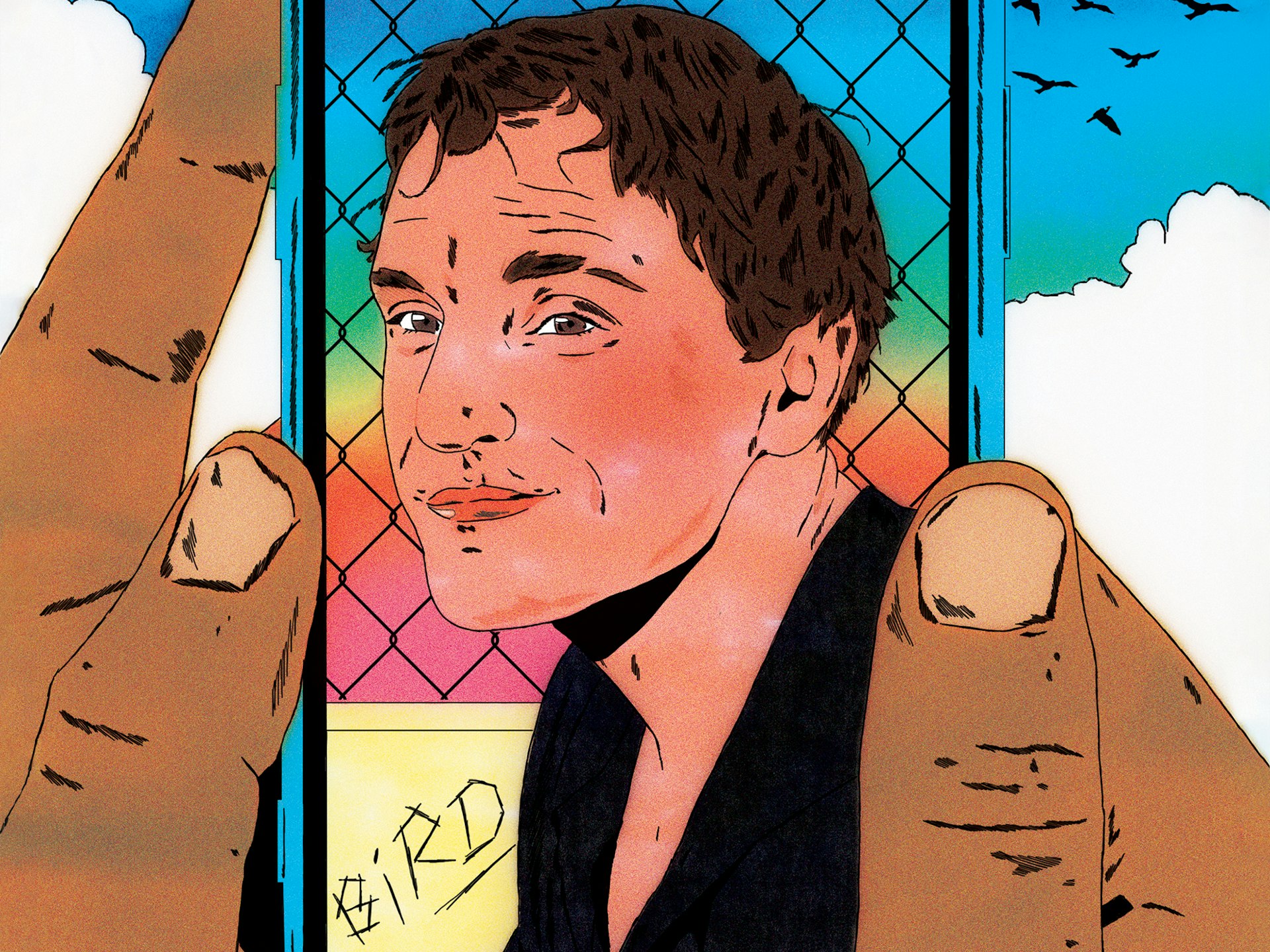
Barry Keoghan, Franz Rogowski and Andrea Arnold on ‘Bird’
The new issue of Little White Lies brings Andrea Arnold’s sixth feature to life with a thematic voyage down the Thames estuary.
Written by: Maisy Hunter
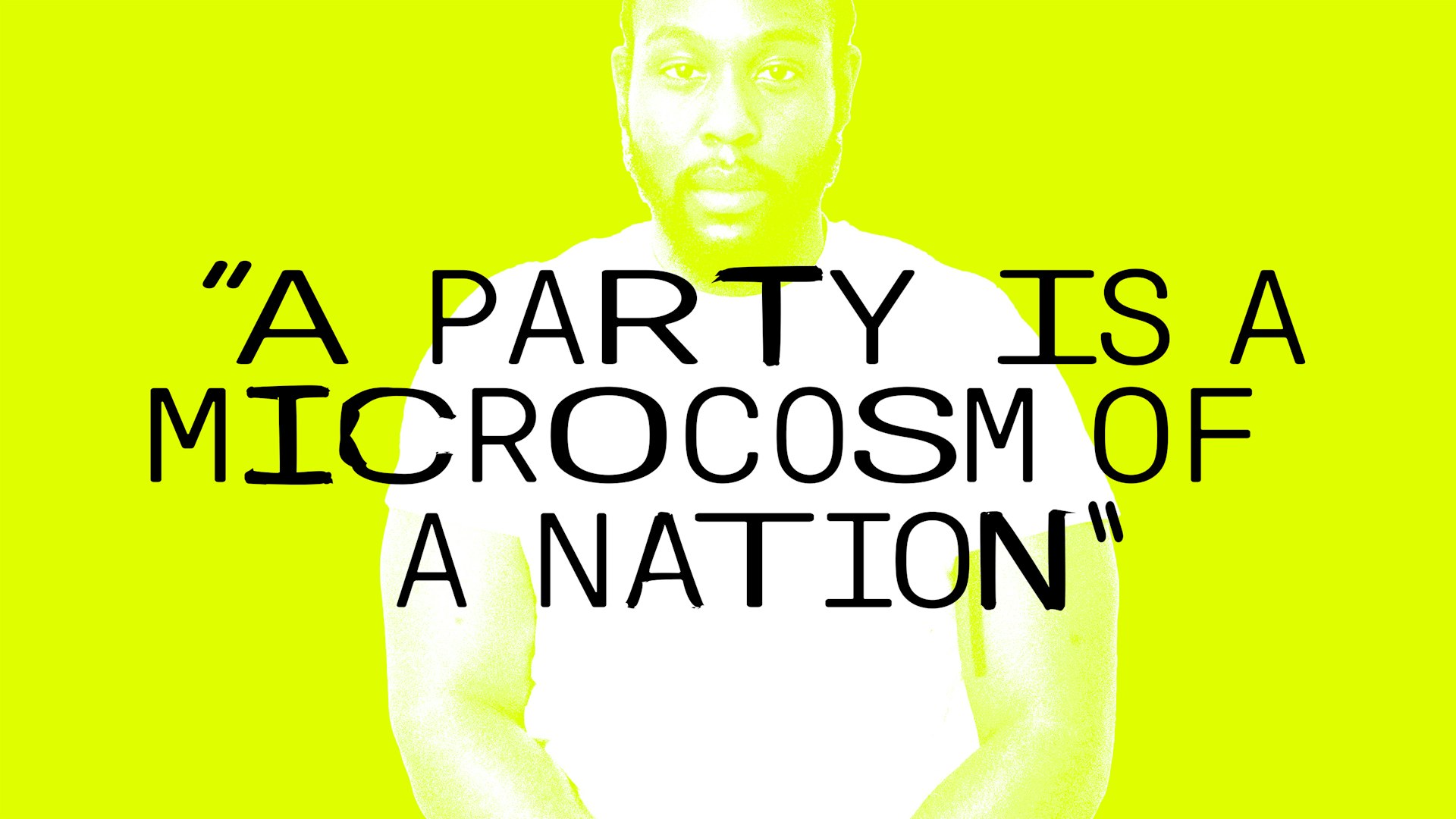
“A party is a microcosm of a nation”: Caleb Femi on the decline of the house party
To celebrate the publication of his new collection ‘The Wickedest’, Isaac Muk caught up with Femi to talk more about the work, the future of the shoobs, and discuss why having it large on a Saturday night should be cherished.
Written by: Isaac Muk
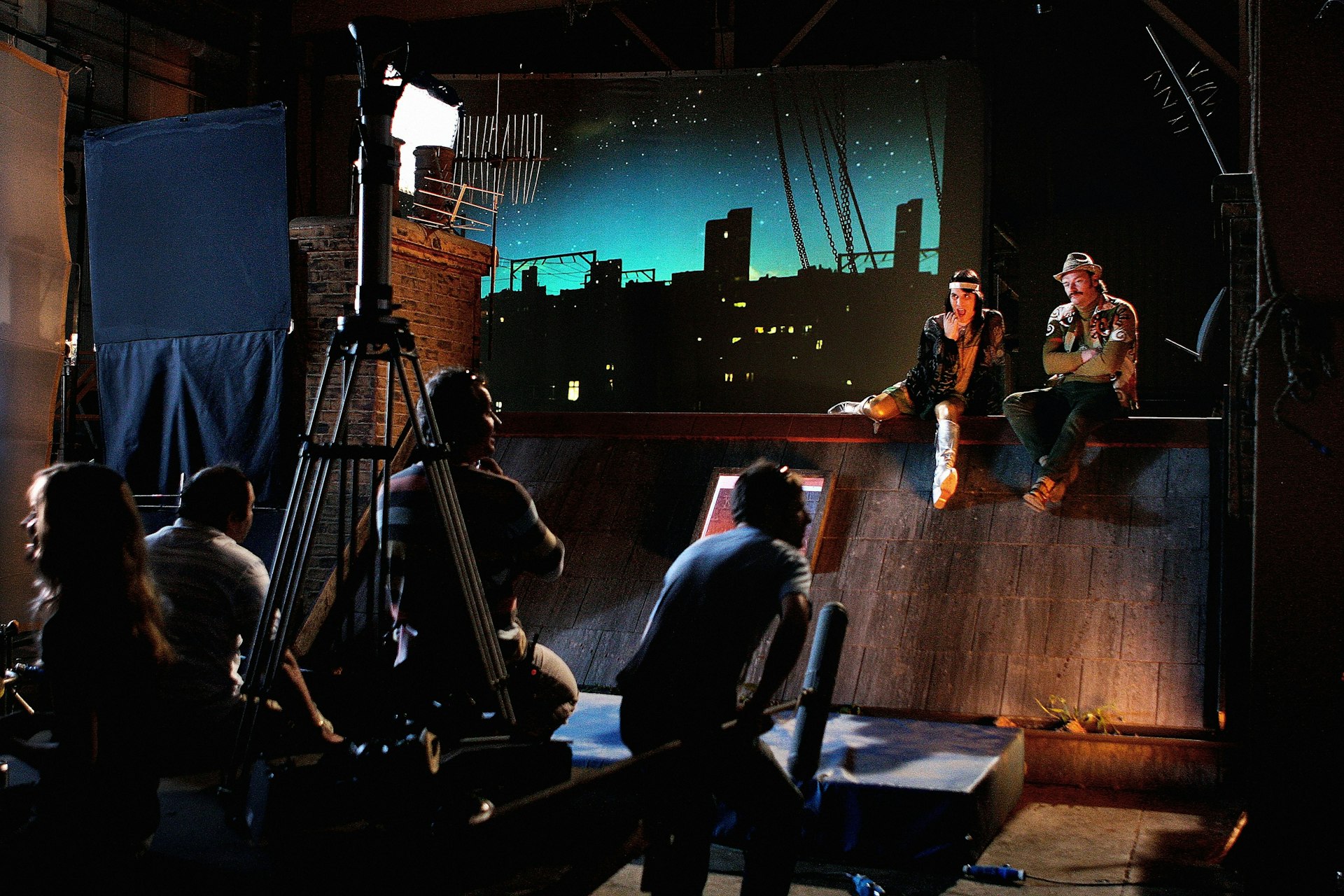
Celebrating 20 years of The Mighty Boosh
A new exhibition takes a look behind the scenes of the iconic show two decades after its BBC3 premiere.
Written by: Isaac Muk
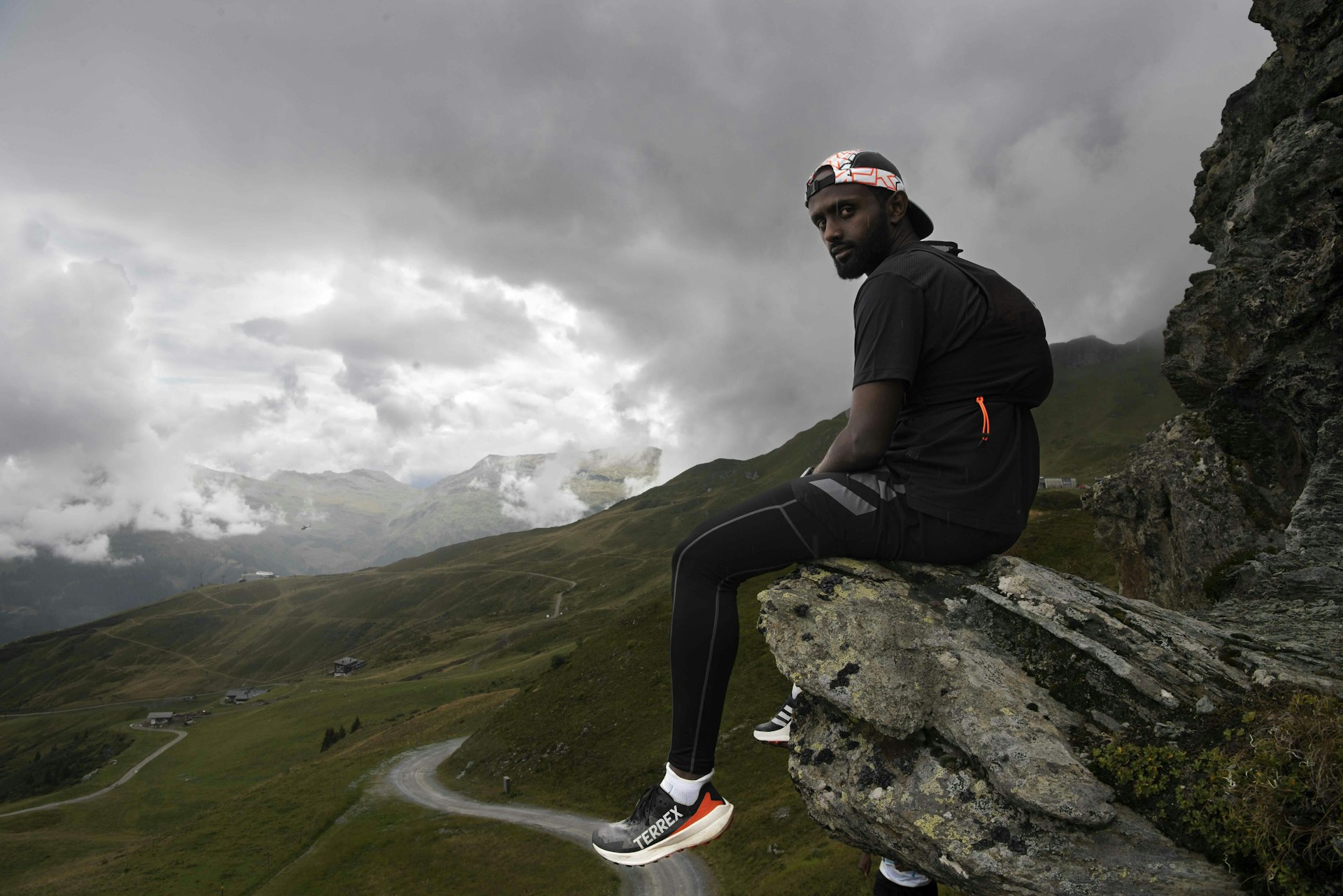
We Run Mountains: Black Trail Runners tackle Infinite Trails
Soaking up the altitude and adrenaline at Europe’s flagship trail running event, high in the Austrian Alps, with three rising British runners of colour.
Written by: Phil Young
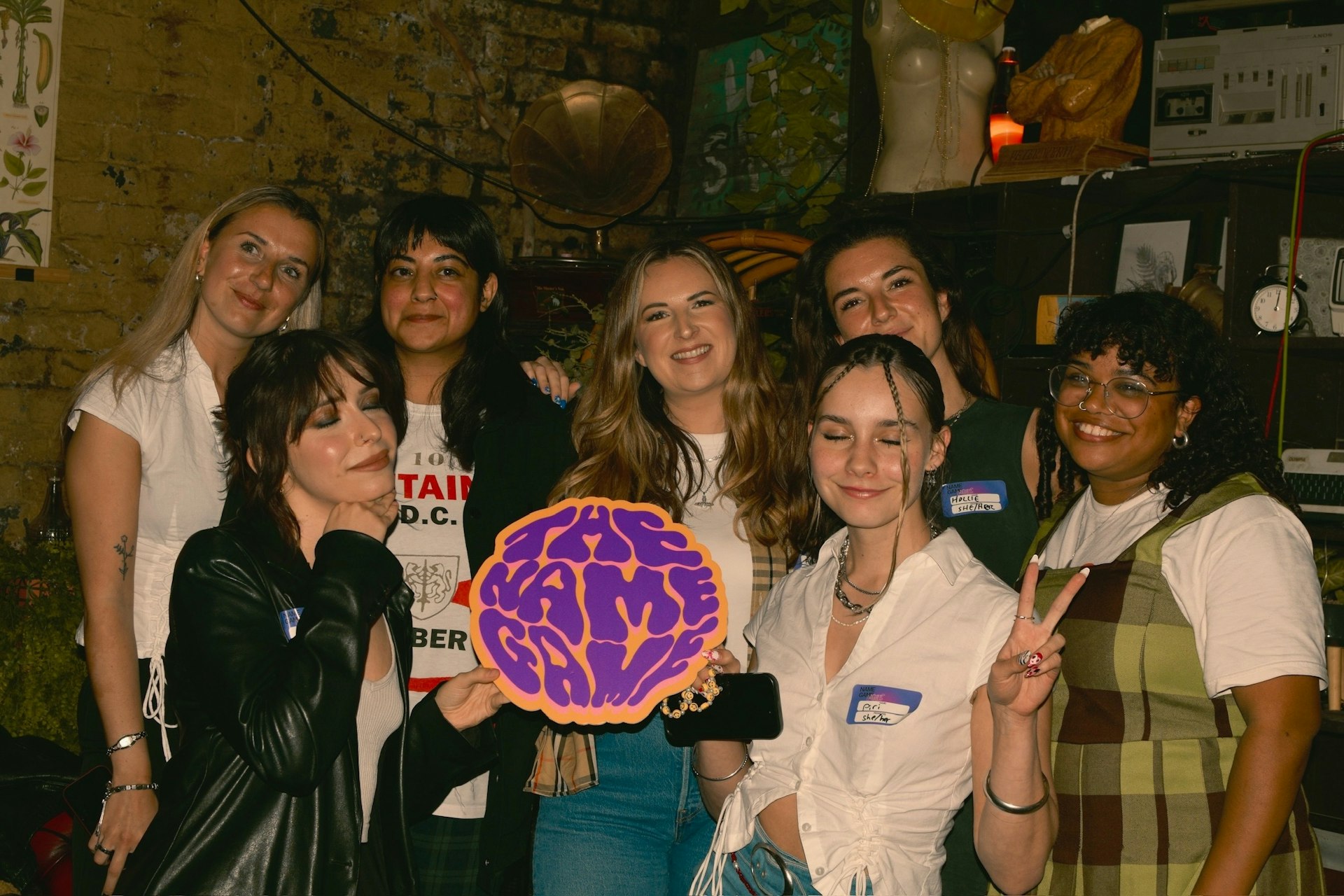
The organisation levelling the playing field in the music industry
Founded in 2022, The Name Game is committed to helping female, non-binary and trans people navigate the industry.
Written by: Djené Kaba